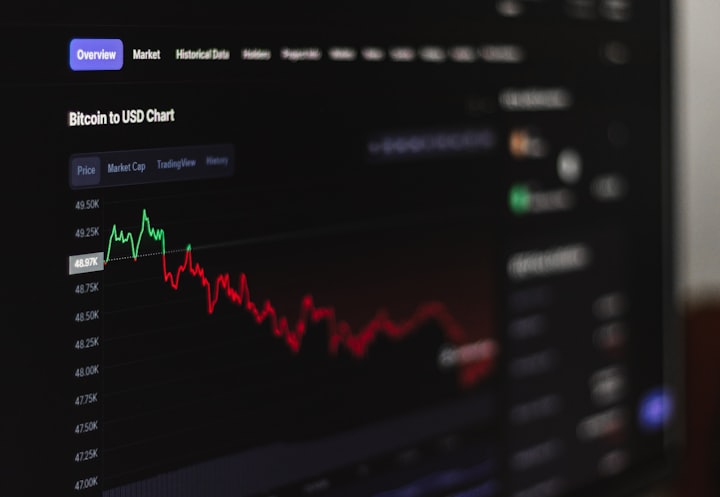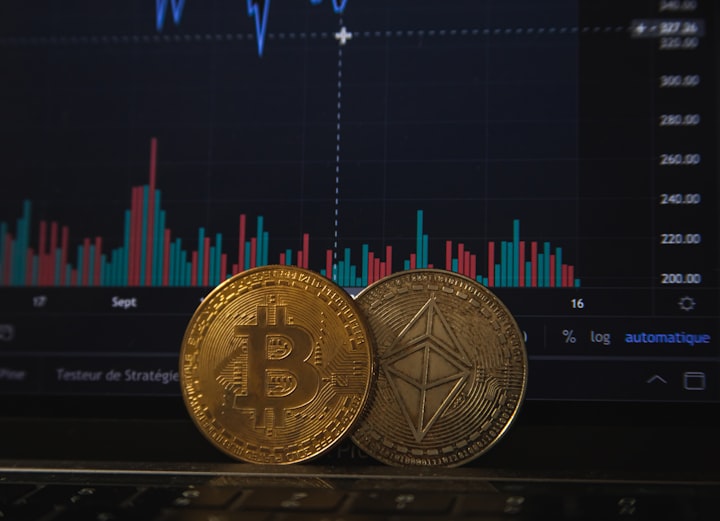
When you place a trade, you are essentially telling your broker to buy or sell a security on your behalf. The broker then takes your order and executes it in the market. There are a number of factors that can affect the execution of your trade, including the type of order you place, the time of day you place the order, and the liquidity of the security you are trading.
In this blog post, we will discuss the different types of orders you can place, how to time your trades, and how to choose the right broker for your needs.
Types of Orders
There are three main types of orders that you can place: market orders, limit orders, and stop orders.
Market orders are the simplest type of order. When you place a market order, you are telling your broker to buy or sell the security at the best available price. Market orders are executed immediately, but they may not always get you the best price.
Limit orders allow you to specify a maximum price that you are willing to pay for a security or a minimum price that you are willing to sell a security for. When you place a limit order, your broker will only execute the order if the security can be bought or sold at your specified price. Limit orders may take longer to execute than market orders, but they can help you to protect yourself from overpaying or underselling a security.
Stop orders are used to protect your profits or limit your losses. When you place a stop order, you are telling your broker to buy or sell a security if the price reaches a certain level. For example, you could place a stop-loss order to sell a security if the price falls below a certain level. This would help to limit your losses if the price of the security continues to fall.
EARN UP TO $2500+ PER WEEK USING VIP TRADING SIGNALS.
click here - tinyurl dot com/4hykc4z8 (remove dot with . to get started)
Timing Your Trades
The time of day you place your trade can also affect the execution price. In general, the best time to trade is during the first hour of trading and the last hour of trading. This is because there is more liquidity in the market during these times, which means that there are more buyers and sellers available. This can help you to get a better price for your trade.
Choosing a Broker
The broker you choose can also affect the execution of your trades. Some brokers offer better execution than others. When choosing a broker, you should consider factors such as the broker's fees, the broker's trading platform, and the broker's customer service.
Conclusion
Executing trades can be a complex process, but it is important to understand the different factors that can affect the execution of your trade. By understanding these factors, you can make sure that you get the best possible price for your trade.
Here are some additional tips for executing trades:
Do your research. Before you place a trade, make sure you understand the security you are trading and the risks involved.
Use a reputable broker. Choose a broker that has a good reputation and offers competitive fees.
Use a trading platform that is easy to use and understand.
Be patient. It may take some time to get the best possible price for your trade.
EARN UP TO $2500+ PER WEEK USING VIP TRADING SIGNALS.
click here - tinyurl dot com/4hykc4z8 (remove dot with . to get started)
About the Creator
Enjoyed the story? Support the Creator.
Subscribe for free to receive all their stories in your feed. You could also pledge your support or give them a one-off tip, letting them know you appreciate their work.





Comments
There are no comments for this story
Be the first to respond and start the conversation.